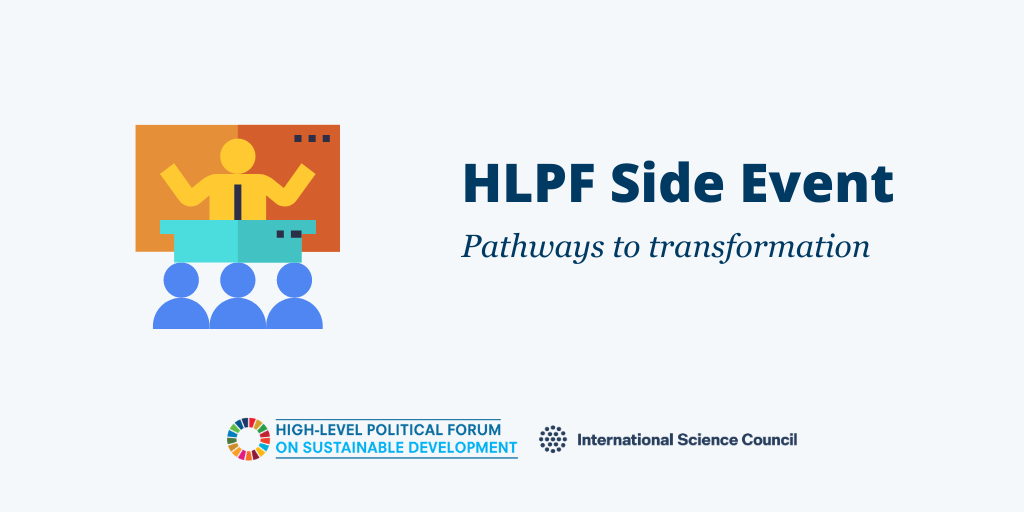
This webinar was held in the margins of the United Nation’s High Level Political Forum. The ISC is a co-coordinator of the Scientific and Technological Major Group for the UN.
About:
Various international scientific assessments have recently found that countries are not on track to achieve the SDGs and that a number of trends are even moving in the wrong direction.
As countries rush to overcome the COVID-19 health crisis and to contain its profound socio-economic impacts, the pandemic inadvertently creates a space for accelerating the social and cultural transformations that we need to achieve sustainability. It demonstrates the importance of addressing the underlying risk drivers and social vulnerabilities that the pandemic has laid bare but also of accelerating investments and actions towards building a resilient and sustainable future, thus delivering both risk reduction and positive social and environmental outcomes.
This is an opportunity to reset our economies on a sustainable footing and fundamentally change the human relationship to the environment in such a way as to minimize the risk of systemic global crisis.
The current crisis must become the great accelerator of transformations towards a more sustainable and equitable world.
The COVID-19 crisis shows more clearly than ever that incremental, nationalistic and desultory approaches to achieving ambitious global goals in complex environments are insufficient, and that intentional, collective, and coherent efforts are critical.
We can furthermore learn much from the COVID-19 crisis and how it has been tackled that can help us clarify what we mean by ‘sustainable development’ and what type of transformations would be involved in achieving it, in and for different parts of the world.
Recent scientific reports (2019 GSDR, TWI2050) have identified key ‘systemic transformations’ or ‘entry points’ to achieve the SDGs through a coherent approach that takes full account of the dynamic and integrated nature of the SDGs. These frameworks need rapidly to be turned into operational tools to guide the development of coherent and context-sensitive transformation pathways within various domains (energy, food, urban development, etc.) and of science agendas to support effective implementation at different scales.
The speakers in this session will address critical and topical questions such as:
Speakers

Melissa Leach, IDS (Institute of Development Studies) Director
What are transformations and how can they be directed towards desired outcomes?
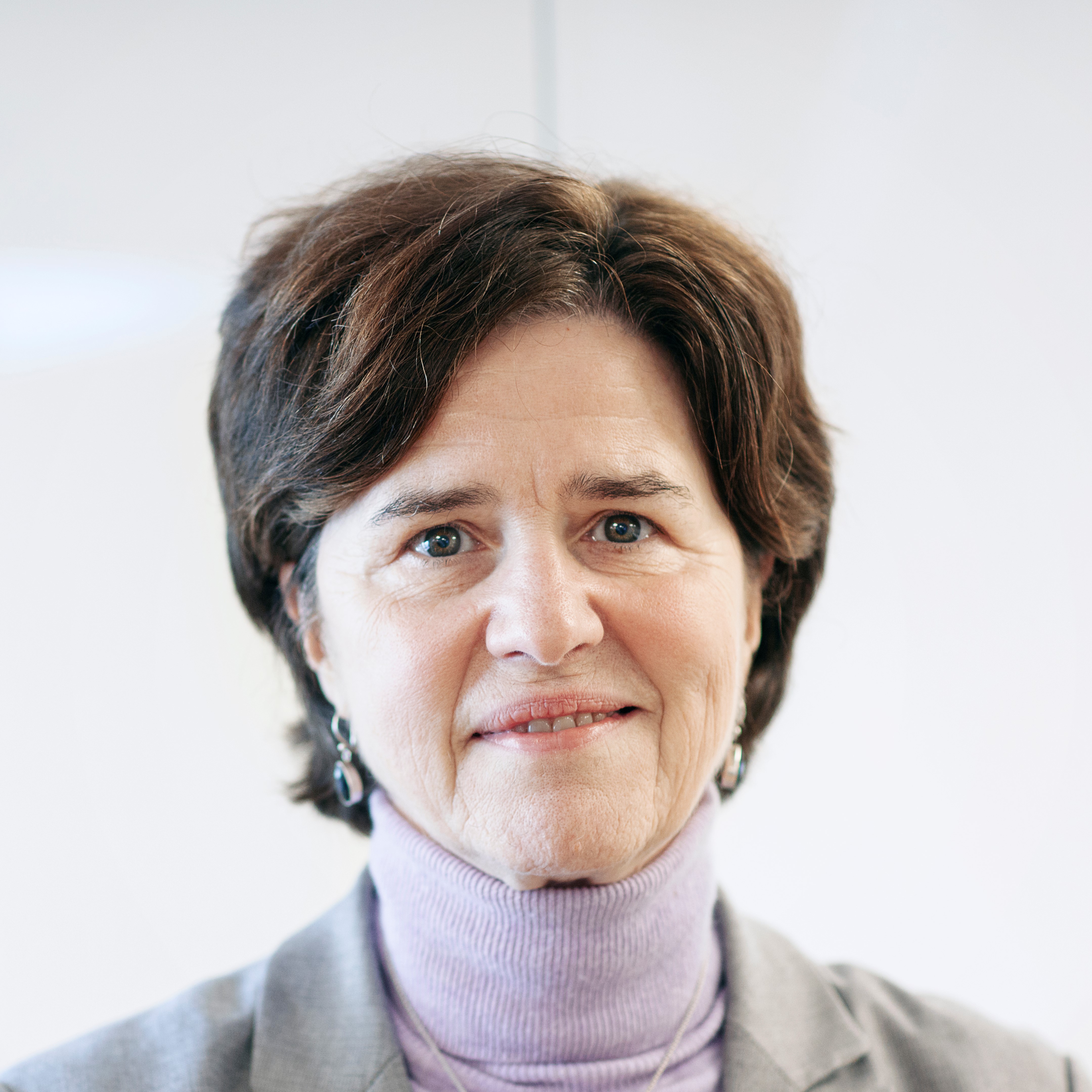
Katherine Richardson, Member of the Independent Group of Scientists – 2019 GSDR
Operationalizing the ‘transformations frameworks’ (2019 GSDR) at national level
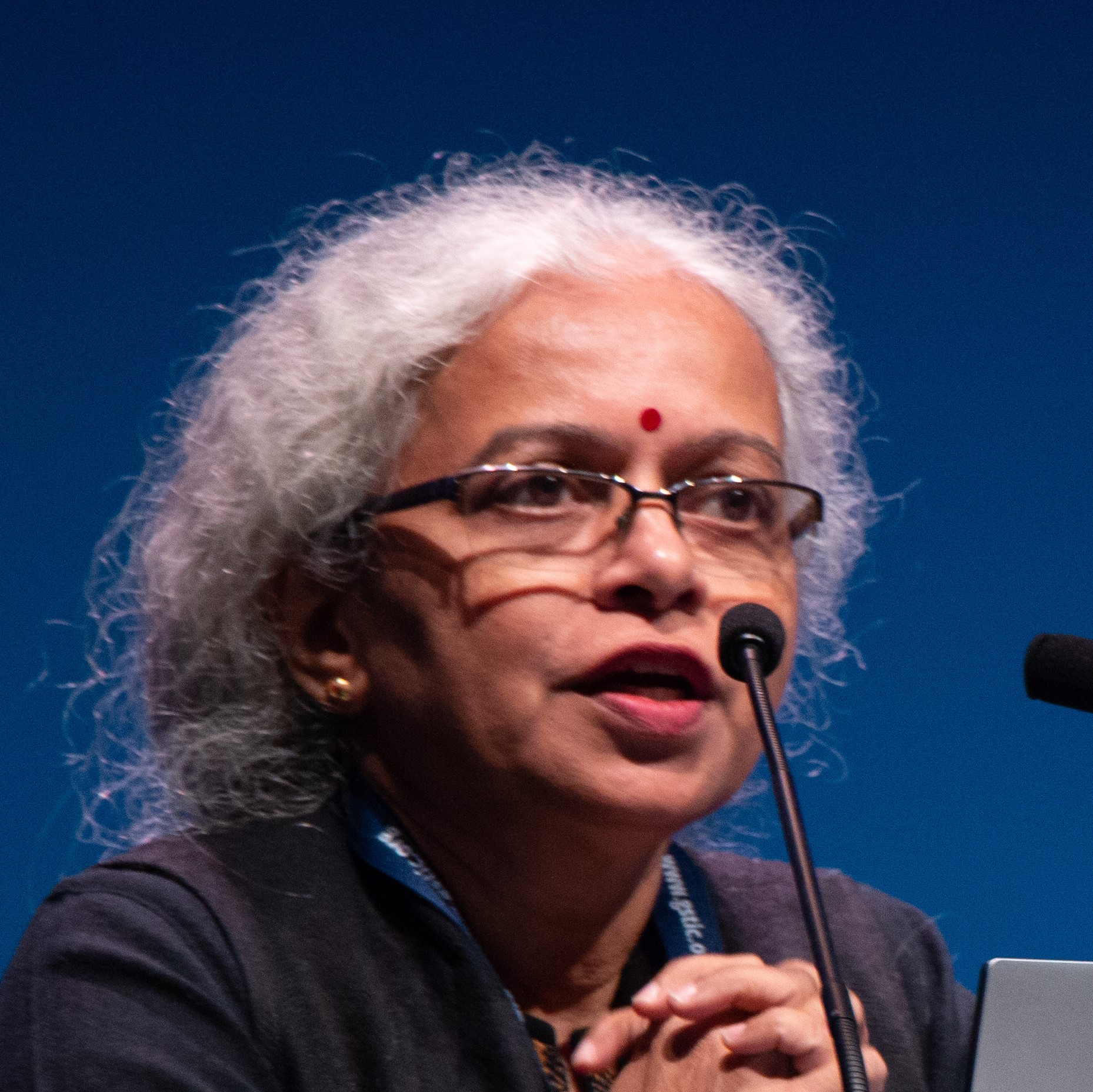
Leena Srivastava, IIASA Deputy Director General – Science
Pathways to a sustainable and resilient recovery in the aftermath of the COVID-19 crisis
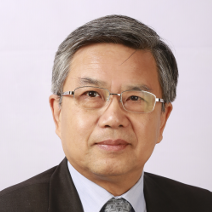
Gong Ke, World Federation of Engineering Organizations (WFEO) President
Entry points for transformation – the example of ‘urban and peri-urban development’
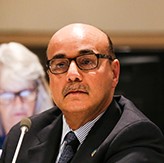
Shantanu Mukherjee, UN-DESA Chief, Policy Analysis Branch, Division for Sustainable Development
Science for the SDGs following COVID – what we are learning
You might also find interesting: The COVID-19 pandemic: a wake-up call for better cooperation at the science–policy–society interface
Moderator
Mathieu Denis, Science Director, the International Science Council
(Registration for this event is now closed. Keep up to date with ISC’s events and programmes by registering for our monthly newsletter).